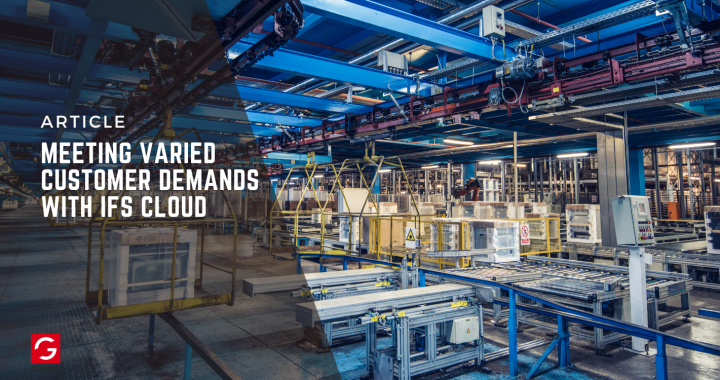In the rapidly evolving landscape of industrial development, Industry 5.0 emerges as the next monumental phase, heralding a significant shift from the focus of Industry 4.0 on automation and data exchange. Industry 5.0 ushers in a new era that synergizes the strengths of humans and machines, emphasizing sustainability, customization, and collaboration. This transition not only represents a technological leap but also a reimagining of the role of human creativity and ethics in the industrial process.

What Sets Industry 5.0 Apart from Industry 4.0?
While Industry 4.0 was characterized by the rise of smart technologies and the Internet of Things (IoT), leading to unprecedented levels of automation and efficiency, Industry 5.0 takes a step further. It integrates the cognitive intelligence and creativity of humans with the technical precision of machines. This integration focuses on personalization, environmental sustainability, and ethical considerations, aiming to create more value for society as a whole.
Industry 5.0 does not discard the advancements of Industry 4.0 but builds upon them, adding a layer of human insight and ethical judgment to technological processes. It champions collaborative robots (cobots), AI designed to work alongside humans, enhancing their capabilities rather than replacing them. The goal is to craft products and services that are not only technologically advanced but also deeply humane and sustainable.
The Role of Enterprise Software in Industry 5.0
Enterprise software is at the heart of facilitating the Industry 5.0 revolution. As businesses strive to align with the principles of Industry 5.0, the demand for flexible, comprehensive, and sustainable enterprise solutions has never been greater. These solutions must not only manage complex data and automate processes but also enable human-machine collaboration, foster innovation, and drive sustainable practices.
IFS Cloud stands out as an ideal solution in this new industrial era. With its ability to seamlessly integrate advanced technologies like AI, machine learning, and IoT with human insights and creativity, IFS Cloud is perfectly positioned to support the goals of Industry 5.0. It offers a unified platform that embraces the complexity of modern enterprises while promoting sustainability, personalization, and efficiency.
IFS Cloud: A Catalyst for Industry 5.0
IFS Cloud embodies the spirit of Industry 5.0 by offering:
Collaborative Tools: Facilitating human-machine collaboration through intuitive interfaces and tools that amplify human expertise.
Sustainability Focus: Providing features and insights that help businesses minimize their environmental impact and promote sustainable practices across their operations.
Customization and Flexibility: Enabling businesses to tailor their operations and products to meet the unique demands of their customers, ensuring high levels of personalization and customer satisfaction.
Integrated Insights: Leveraging the power of AI and analytics to provide actionable insights, enhancing decision-making processes, and fostering innovation.
By integrating these capabilities, IFS Cloud ensures that enterprises are not just equipped to navigate the challenges of Industry 5.0 but are also pioneers in creating a more sustainable, humane, and innovative future.
Conclusion
Industry 5.0 marks a pivotal shift towards a more human-centric approach to industrialization, where technology serves to enhance human capabilities and address ethical and sustainability concerns. In this new era, enterprise solutions like IFS Cloud are invaluable, providing the tools and capabilities necessary to bridge the gap between human creativity and machine efficiency. As businesses worldwide adapt to the principles of Industry 5.0, embracing solutions like IFS Cloud will be crucial in navigating the transition effectively, ensuring that they remain competitive, innovative, and sustainable in the years to come.
ABOUT THE AUTHOR
With over 20 years of professional expertise in the IT software industry, including an impressive 19-year tenure in a managerial position at IFS Turkey, Göksel Sanbay brings a wealth of experience to the table. Throughout his career, he has successfully managed dozens of hands-on ERP, EAM, and ESM projects, leaving a trail of satisfied clients and successful implementations.
Notably, he has also excelled as a solution architect, leaving his mark on various reference IFS projects. His passion for innovation and driving efficiency has led him to embark on a new journey. In July 2022, he founded GUMA Business Solutions, a dynamic consulting company exclusively dedicated to crafting cutting-edge business software solutions, with a specialization in IFS Applications.
At GUMA, we thrive on challenges and aspire to take businesses to new heights through tailor-made software solutions that streamline operations, boost productivity, and empower growth







 Abstract:
Abstract:


